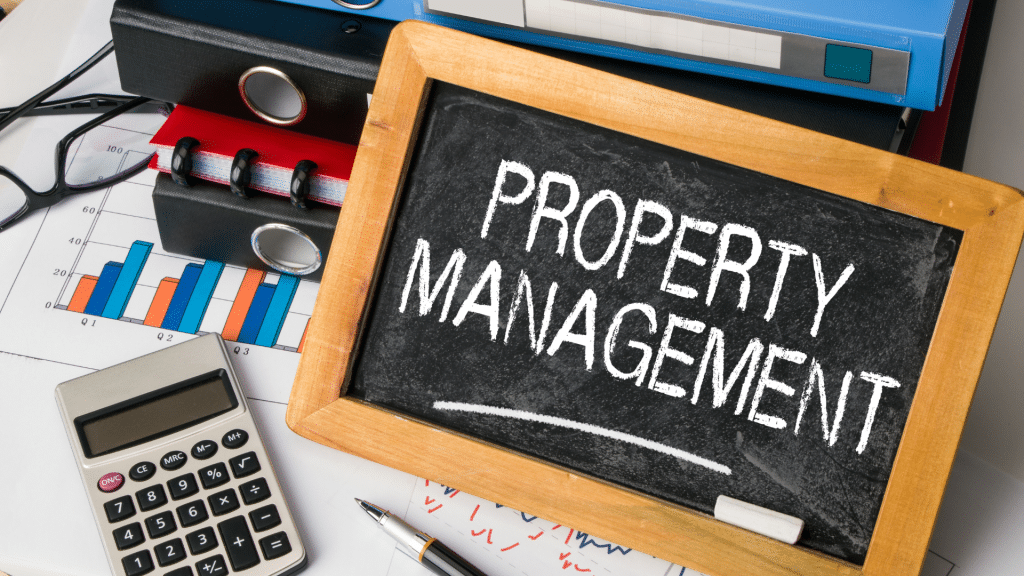Property management in 2023 requires a strategic approach to navigate a dynamic housing market. Here are 12 comprehensive property management tips, with expanded explanations and examples:
1. Invest in Rental Property Management Software:
Utilizing property management software simplifies tasks. For example, tools like Buildium or Propertyware can automate rent collection, generate financial reports, and track maintenance requests. This streamlines property management, reducing manual workload and minimizing errors.
2. Implement Tenant Screening Services:
Tenant screening services, such as MyRental or RentPrep, provide comprehensive background checks on prospective tenants. These services help you avoid renting to high-risk individuals who might cause issues down the line. For instance, if a potential tenant has a history of eviction or poor credit, you can make a more informed decision to protect your property.
3. Opt for Online Rent Collection:
Online rent collection tools like Cozy or RentRedi enable tenants to pay rent electronically. This convenience encourages on-time payments and reduces late fees. Plus, it simplifies your accounting by providing digital records of transactions.
4. Enhance Tenant Communication:
Implementing tenant portals, such as Buildium’s tenant portal or AppFolio’s resident portal, allows tenants to submit maintenance requests, access lease agreements, and communicate with you easily. This improves tenant satisfaction by offering them a streamlined way to interact with you and report issues.
5. Invest in Professional Training:
Continual education is essential in the property management industry. Consider advanced courses in property management or real estate brokerage. For instance, if you’re managing properties in a state that requires a broker’s license for certain activities, obtaining one will broaden your opportunities.
6. Maintain Effective Tenant Communication:
Effective communication ensures a harmonious tenant-landlord relationship. Use email, text, or apps like Slack to stay in touch with tenants. Discuss property expectations, like lawn care or snow removal, and address concerns promptly. For example, if a tenant reports a leak, responding quickly and arranging repairs demonstrates your commitment to their well-being.
7. Offer Attractive Lease Renewal Terms:
To retain high-quality tenants, consider offering incentives such as a one-time waiver of late fees, grace periods for rent payment, or property upgrades. This encourages reliable tenants to renew their leases, reducing turnover costs.
8. Implement Reliable Tenant Screening:
When screening tenants, consider factors beyond credit scores, such as income stability and rental history. Ensure you adhere to anti-discrimination laws to avoid legal issues. For example, suppose you’re screening a prospective tenant. In addition to their credit report, request references from previous landlords or employers to gauge their reliability.
9. Create Inspection and Maintenance Schedules:
Regular property inspections help maintain its condition and identify issues early. Ensure you follow local laws regarding notice periods for inspections. For example, in compliance with local regulations, you can schedule quarterly inspections to document property conditions and address maintenance concerns promptly.
10. Set Clear House Rules:
Establishing clear house rules in your lease agreement is essential. Clearly outline your expectations regarding behavior, noise, guest policies, and pet rules. Be aware of reasonable accommodations, especially for tenants with disabilities, to ensure compliance with fair housing laws.
11. Maintain Organized Accounting:
Property management software like QuickBooks or Buildium helps keep finances in order. Separate bank accounts for each property and diligent record-keeping ensure accurate financial management. For example, if you own multiple properties, using separate accounts for each simplifies tracking income and expenses, making tax season smoother.
12. Require Renters Insurance:
Requiring tenants to have renters insurance protects your interests. It covers damages to their personal property and potential liability claims. An example scenario: If a visitor gets injured on your property, renters insurance can cover their medical expenses, reducing your liability.
**Bonus Tip: Outsource Repetitive Tasks:**
Consider hiring virtual assistants or property management companies to handle routine tasks. For instance, a virtual assistant can handle tenant communication, schedule property inspections, and coordinate maintenance requests, freeing up your time for strategic planning.
Incorporating these comprehensive property management tips into your strategy for 2023 will help you navigate the rental property market effectively, reduce risks, and maximize your profitability.




